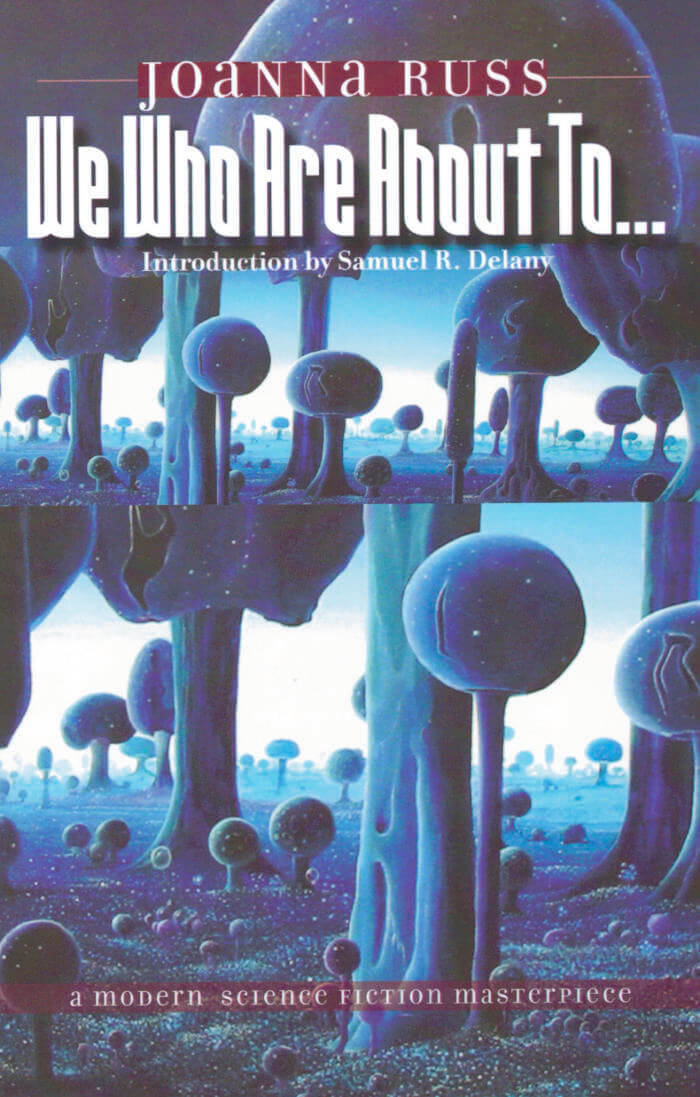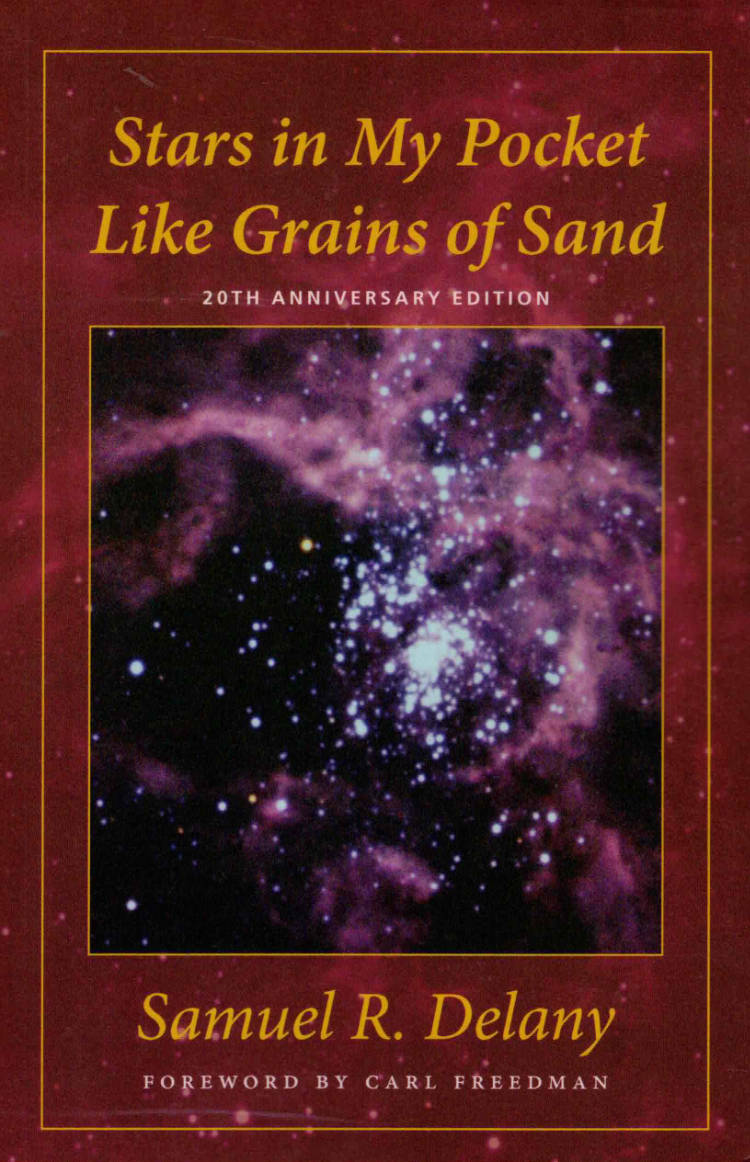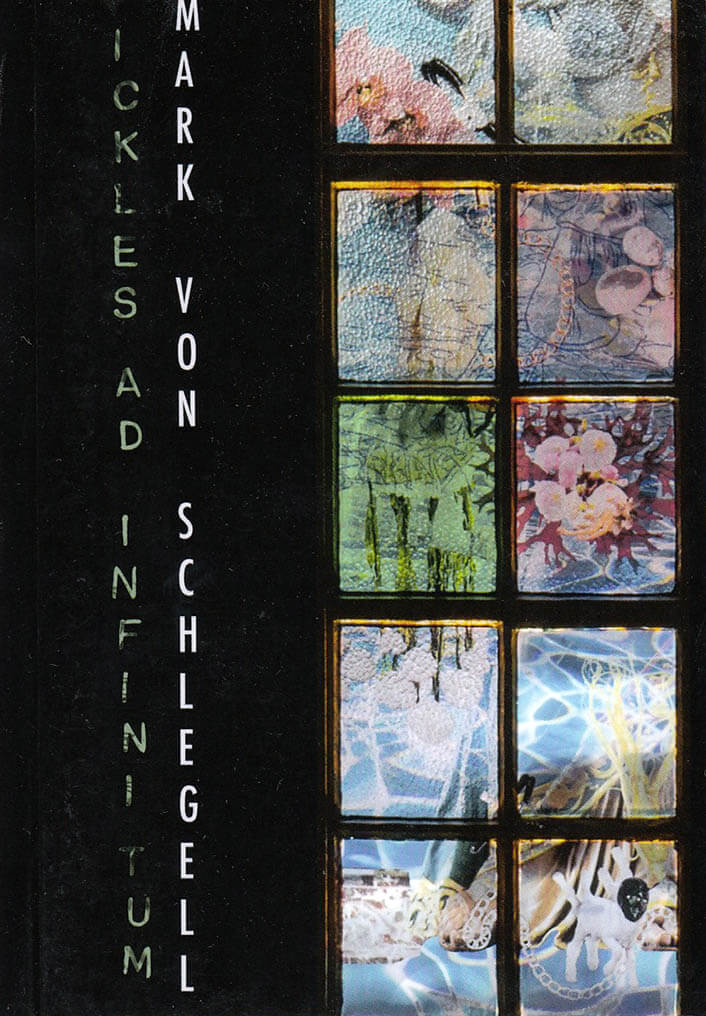
We Who Are About To...
One woman's quest to die with dignity may doom them all.
A multi-dimensional explosion hurls the starship's few passengers across the galaxies and onto an uncharted barren tundra. With no technical skills and scant supplies, the survivors face a bleak end in an alien world. One brave woman holds the daring answer, but it is the most desperate one possible.
Elegant and electric, We Who Are About To... brings us face to face with our basic assumptions about our will to live. While most of the stranded tourists decide to defy the odds and insist on colonizing the planet and creating life, the narrator decides to practice the art of dying. When she is threatened with compulsory reproduction, she defends herself with lethal force. Originally published in 1977, this is one of the most subtle, complex, and exciting science fiction novels ever written about the attempt to survive a hostile alien environment. It is characteristic of Russ's genius that such a readable novel is also one of her most intellectually intricate.
Language: English







